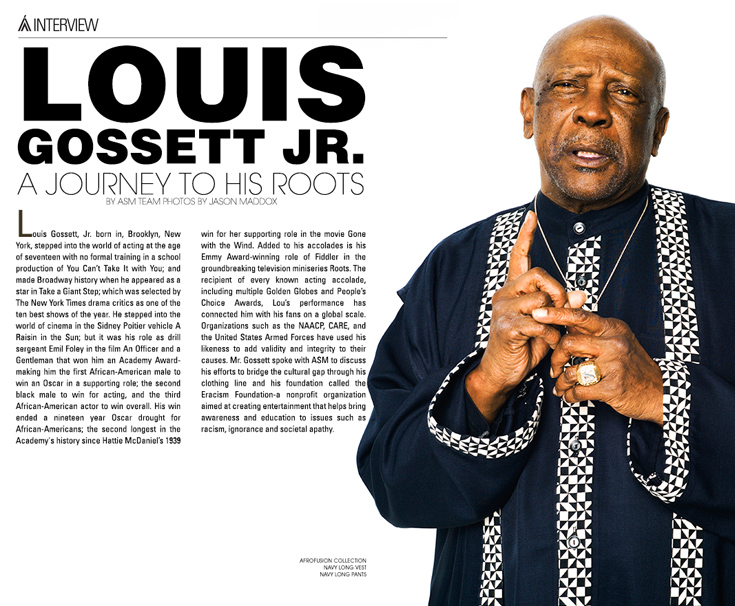
"…the beauty of proverbs is the universality of their meaning, everyone can relate to them in some way and on some level. Proverbs help to dispel the belief that African people are barbaric and uneducated…"
African Proverbs offer wisdom and poetry in just one sentence. Proverbs play an important part in African cultures all across the continent. The beauty of proverbs is the universality of their meaning, everyone can relate to them in some way and on some level. Yet these proverbs are also uniquely African and help gain an insight into African cultures. African proverbs can convey wisdom, truth, a discovery of ideas, as well as life lessons. The Yorubas of Nigeria cleverly emphasize the worth of proverbs with a proverb of their own, by saying, "A proverb is the horse that can carry one swiftly to the discovery of ideas." The sayings of Africa are some of the most profound words you will ever hear. Take the famous Tanzanian proverb "Many hands make light work." This is a saying that has been adopted all over the world and encourages people to work together. Another famous example that has span the globe appearing in American movies and books is the Nigerian proverb "It takes a village to raise a child." African proverbs share with the world the practical wisdom that African people have learnt in their way of life. Take the Zulu proverb; "You cannot chase two antelope at once." This practical wisdom of tackling one thing at a time applies to people all over the world not just those chasing after wildlife. Proverbs help to dispel the belief that African people are barbaric and uneducated due to the stigma surrounding those who cannot speak English and are not educated in a typical western manner. When these proverbs are translated it is easy to see the intelligence and life experience African people possess. This can help people understand that one society and its way of life is not superior to that of another society.
In their four thousand year civilized history, the Chinese have generated innumerable proverbs. There is a proverb for almost any situation. Judicious use of proverbs in Chinese writing is regarded as a sign of good education rather than pedantry or showing off one's knowledge of clichés. Chinese proverbs can be split into chengyu (accepted phrases), yanyu (familiar sayings taken from literature, history, and famous philosophers.), suyu (popular sayings), and xiehouyu (two-part allegorical sayings vivid with images and dramatic results). These are all incomparable to each other in the Chinese language, and are all vibrant with metaphors and layered meanings. Such proverbs include "A book holds a house of gold," "Better to light a candle than to curse the darkness," or "With true friends, even water drunk together is sweet enough."
Whilst most Chinese proverbs consist of only a few characters or words, when joined together they represent a tremendous amount of cultural depth and history. Whether called maxims, truisms, clichés, idioms, expressions, or sayings, proverbs are small packages of truth about a people's values and beliefs. Values like ambition, virtue, generosity, and patience are addressed in sayings from almost every culture. Yet, each culture has proverbs that are unique to it-the saying that goes "If you want to know a people, know their proverbs" illustrates this. For example, the Native American saying "Take only what you need and leave the land as you found it" reflect their view of the land as sacred. Japanese proverbs "An evil deed remains with the evildoer" and "The tongue is like a sharp knife, it kills without drawing blood" often refer to morals and discretion; while most Mexican proverbs reflect the thinking and values of rural people or the average person on the street with hope as a common theme; hence the saying "Hope dies last of all."
"…the sayings of Africa are some of the most profound words you will ever hear. Proverbs unify people around the world. People with different cultures, religious beliefs and languages can interpret many proverbs in the same context…"
Uplifting and inspiring, proverbs unify people around the world. People with different cultures, religious beliefs and languages can interpret many proverbs in the same context. The truths they speak can span the globe. The Ethiopian proverb no fly enters a mouth that is shut is spoken in not only African villages, but in many Middle Eastern and European countries. The French saying "Qui vole un oeuf vole un boeuf" meaning "He who steals eggs steals cattle," is also familiar to the American proverb "Give him an inch and he will take a mile." Proverbs can open the door to insightful and entertaining discussions to narrate a point. They can also give a greater potency to what is being conveyed. For example, in trying to explain the consequences of lying, the Yoruba proverb "You may tell little lies, small as a thorn, but they will grow to the size of a spear and kill you poignantly" teaches this lesson. Insight into many other aspects of foreign cultures can be explored by gathering their unique proverbs and sayings. For example, traditional values regarding the male and female roles, money and wealth, and openness to change, all have their corresponding sayings. An additional benefit of seeking the folk wisdom of another country is that it shows interest in what is important to the local people. The elders, in particular, are great sources of traditional proverbs. By taking time to listen to their sayings and explanations of them, one shows respect. As the saying goes "When a fool is told a proverb, the meaning must be explained to him."
"…the sayings of Africa are some of the most profound words you will ever hear. Proverbs unify people around the world. People with different cultures, religious beliefs and languages can interpret many proverbs in the same context…"
Uplifting and inspiring, proverbs unify people around the world. People with different cultures, religious beliefs and languages can interpret many proverbs in the same context. The truths they speak can span the globe. The Ethiopian proverb no fly enters a mouth that is shut is spoken in not only African villages, but in many Middle Eastern and European countries. The French saying "Qui vole un oeuf vole un boeuf" meaning "He who steals eggs steals cattle," is also familiar to the American proverb "Give him an inch and he will take a mile." Proverbs can open the door to insightful and entertaining discussions to narrate a point. They can also give a greater potency to what is being conveyed. For example, in trying to explain the consequences of lying, the Yoruba proverb "You may tell little lies, small as a thorn, but they will grow to the size of a spear and kill you poignantly" teaches this lesson. Insight into many other aspects of foreign cultures can be explored by gathering their unique proverbs and sayings. For example, traditional values regarding the male and female roles, money and wealth, and openness to change, all have their corresponding sayings. An additional benefit of seeking the folk wisdom of another country is that it shows interest in what is important to the local people. The elders, in particular, are great sources of traditional proverbs. By taking time to listen to their sayings and explanations of them, one shows respect. As the saying goes "When a fool is told a proverb, the meaning must be explained to him."


